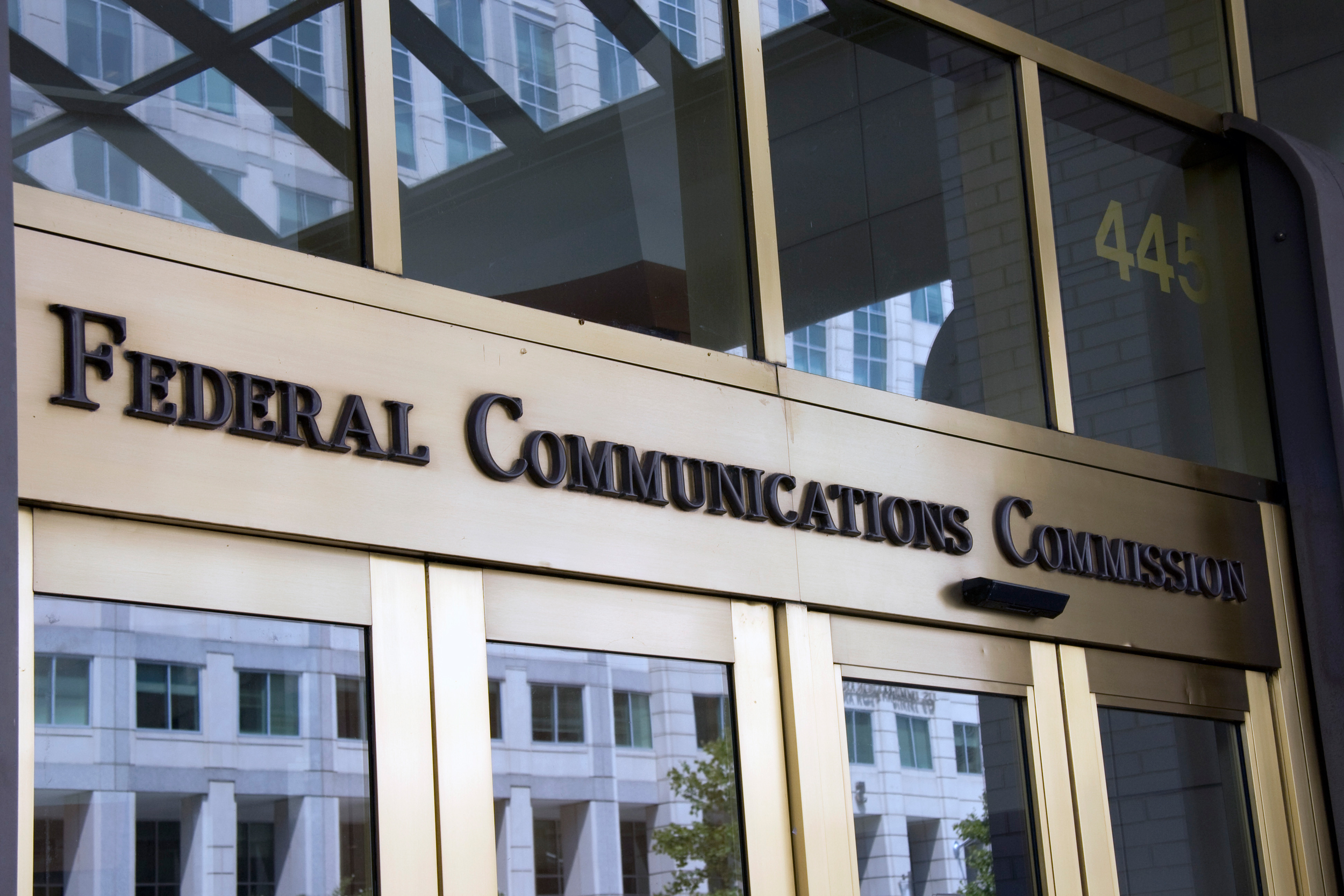NCTA: FCC Shouldn't Fixate on Fixed

The smarter way to stay on top of broadcasting and cable industry. Sign up below
You are now subscribed
Your newsletter sign-up was successful
The FCC got an earful Monday (Sept. 17), the deadline for comments on whether the state of the market for fixed broadband, including that it needed to look beyond fixed to other modes (intermodal) of competition, such as mobile wireless, and what might be christened "interspecies" competition (edge providers like search and social media).
The FCC sought input for a report to Congress it must make on communications market competitiveness per the Ray Baum's Act to reauthorize the FCC.
NCTA-The Internet & Television Association argued the marketplace is wildly competitive, and that the FCC should include mobile broadband in that assessment as well as the edge provider giants currently in a regulation-free zone.
"[I]n this report the Commission should acknowledge that millions of Americans have concluded that mobile service meets all their needs and that many more are likely to do so in the future," NCTA said. Wireless speeds are not yet on par with fixed, but NCTA suggested that the FCC needed to look below the 25 Mbps downstream definition, particularly given that it has itself provided billions in broadband subsidies under
the theory that 10 Mbps also provides needed broadband to the unserved.
As for FAANG (Facebook, Apple, Amazon, Netflix, Google) and their power in the broadband ecosystem, NCTA said: "Any meaningful analysis of the marketplace for communications services must account for the critical role of online services and the companies that provide them.
"As broadband providers continue to increase the reach and capability of their networks, these online service offerings will only become more potent competitors to regulated voice and video services."
NCTA also used the comment request to argue that one of the things that would make competition even stronger, is removing state and local impediments to broadband buildouts and new services. "[T]here are a variety of state and local regulations that continue to serve as barriers to the competitive expansion by cable operators that the Commission should address expeditiously," it said.
The smarter way to stay on top of broadcasting and cable industry. Sign up below
By "address," NCTA means the FCC should preempt and declare illegal any such barriers to deployment. Those include a separate franchise for adding WiFi in rights of way where it already has a franchise for its cable service.
"The fact that some local governments view this type of investment in the community as an excuse to require an additional franchise or impose new fees is a serious problem," said NCTA, adding: "Commission action urgently is needed before these misguided policies are adopted by more communities."
The Internet Innovation Alliance echoed NCTA's call for looking at both mobile and fixed—the FCC focused on fixed competition in its comment request.
"Distinctions between broadband delivery methods no longer matter to U.S. consumers," said IIA. "The market research shows that almost as many consumers prefer to access the internet through mobile as through cable modems – and more consumers prefer to access the internet through their mobile devices than do those who prefer the fixed broadband means of fiber and digital subscriber line (DSL) service combined.
The FCC has yet to declare mobile and fixed broadband as "functional equivalents," something NCTA, IIA and others suggest is a reality the FCC is slow to recognize.
Once a marketplace is deemed competitive, the FCC has less authority to regulate it, including the threat of rate regulation. The FCC is also under a congressional directive to ensure advanced telecom is being deployed in a reasonable and timely manner, and if not take regulatory steps to make it so.
Contributing editor John Eggerton has been an editor and/or writer on media regulation, legislation and policy for over four decades, including covering the FCC, FTC, Congress, the major media trade associations, and the federal courts. In addition to Multichannel News and Broadcasting + Cable, his work has appeared in Radio World, TV Technology, TV Fax, This Week in Consumer Electronics, Variety and the Encyclopedia Britannica.

